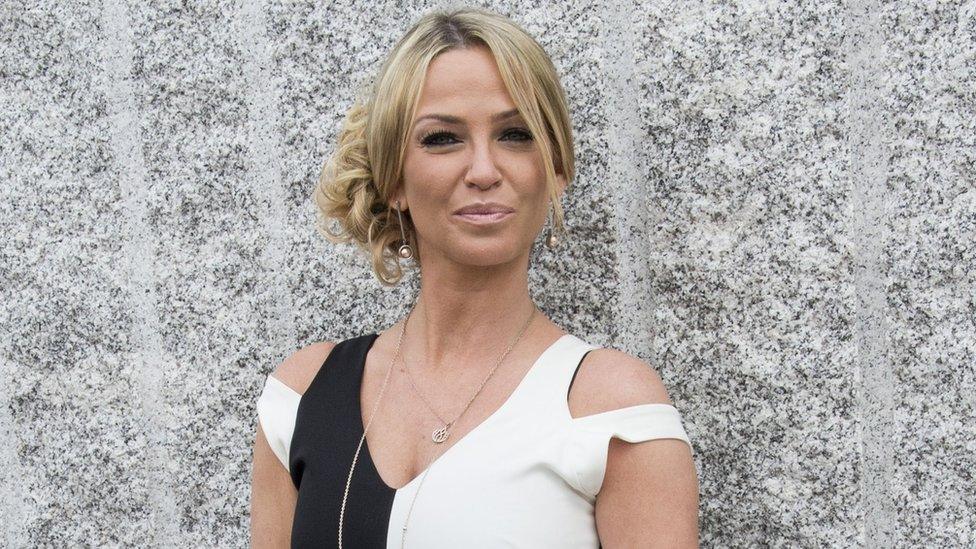Sarah Harding helps fund breast cancer research for women in 30s
- Published

The cancer treatment centre that cared for Sarah Harding is planning research partly funded by proceeds raised by the Girls Aloud star, who died on Sunday.
Harding released the song Wear It Like A Crown in March to raise money for the Christie hospital in Manchester.
It will fund research into preventing breast cancer among women aged 30-39 who have no family history of the disease, the Christie has now said.
Harding was 39 when she died, a year after being diagnosed.
The Christie, external has also started a crowdfunding campaign for the research.
"Sarah was extremely passionate about breast cancer research and spoke often of the importance of funding this," a statement from the hospital said.
Allow Instagram content?
This article contains content provided by Instagram. We ask for your permission before anything is loaded, as they may be using cookies and other technologies. You may want to read Meta’s Instagram cookie policy, external and privacy policy, external before accepting. To view this content choose ‘accept and continue’.

The singer's mother Marie announced the pop star's death on Instagram, describing her "beautiful" daughter as "a bright, shining star".
The singer had praised the "amazing" doctors, nurses and all staff at The Christie and described them as "actual angels".
She said in June: "The Christie is doing everything it can to create a future without cancer, but funding research is the only way it will succeed."
Dr Sacha Howell, who treated the singer, will lead the research. His work will focus on looking at the risk factors and prediction rates for women in their 30s with no family history of breast cancer.
"It is hoped that by assessing these factors, women who may not usually fall into the at-risk category can be targeted using more accurate prediction models and early screening programmes to provide better outcomes," a spokesperson said.
The Christie has not revealed how much Harding raised or the total fundraising target for the research.
Delayed treatment
In her autobiography, Harding wrote about how she initially put off getting medical advice when she first found lumps under her arm in December 2019.
She eventually saw a doctor who advised her to schedule an MRI scan - but then "coronavirus hit and everything either went into slow motion or stopped altogether", she wrote.
"I was aware that I needed to get this health issue sorted, but with everything that was going on, it was tough."
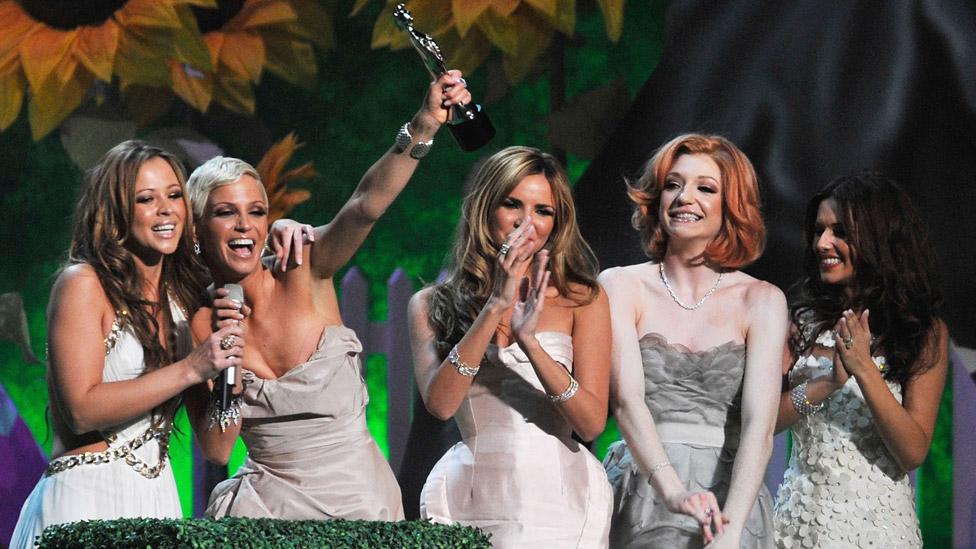
Harding won a Brit Award with Girls Aloud for best single for The Promise in 2009
Girls Aloud are Britain's biggest-selling girl group of the 21st Century, selling 4.3 million singles and four million albums. They scored 21 UK top 10 singles between 2002-2012, including four number ones.
Harding also took on acting roles in Coronation Street, BBC drama Freefall and the film St Trinian's 2, and won Celebrity Big Brother in 2017.

How can you spot breast cancer?
The most common sign of breast cancer is a lump or thickening in the breast - but there are other symptoms too.
They include:
Change in size or feel of the breast
Changes in the skin of the breast, such as dimpling or redness
Fluid leaking from the nipple, outside of pregnancy or breast feeding
Change in position of the nipple
These symptoms can be caused by other conditions, so it is important to get any lumps or changes checked by a doctor.
Breast cancer is the most common cancer in the UK, with women over 50 more at risk than the under-40s.
But there are many other factors that can increase a person's risk, including a family history and being overweight.
Many treatments are available for breast cancer and survival is generally good if the disease is detected early.

Follow us on Facebook, external or on Twitter @BBCNewsEnts, external. If you have a story suggestion email entertainment.news@bbc.co.uk, external.
Related topics
- Published6 September 2021
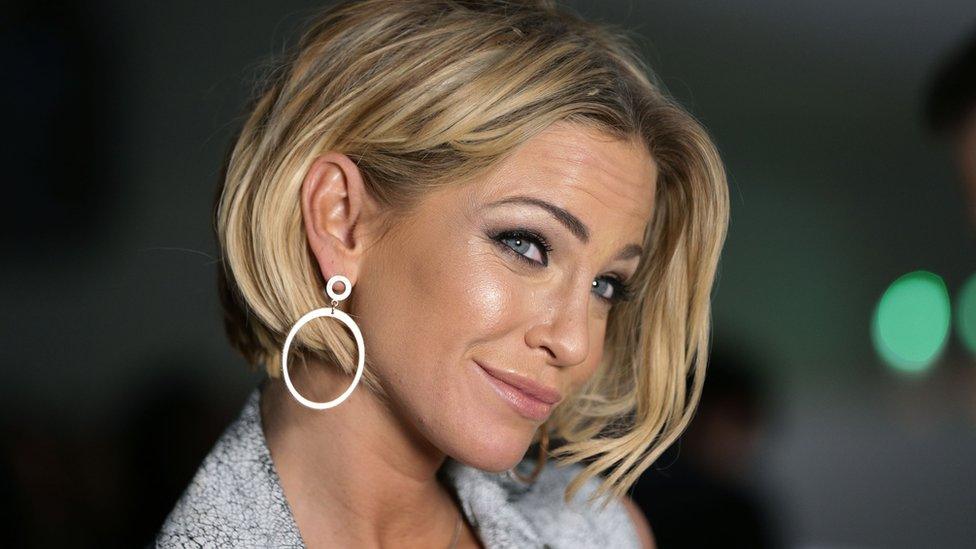
- Published6 September 2021
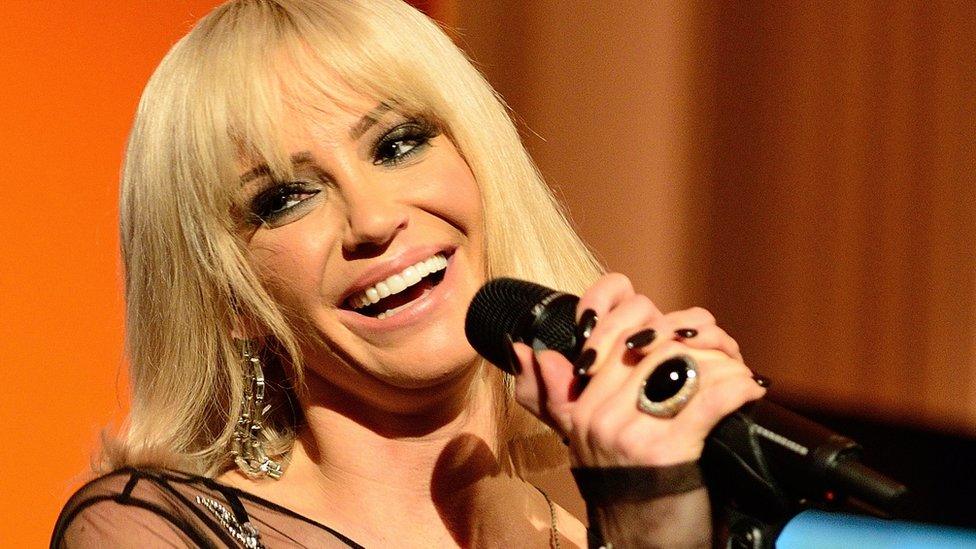
- Published5 September 2021
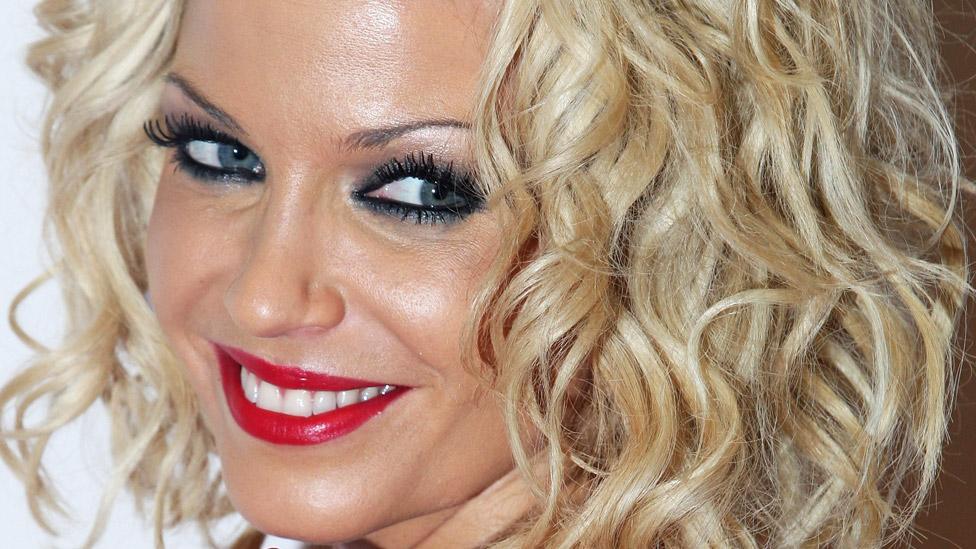
- Published5 September 2021
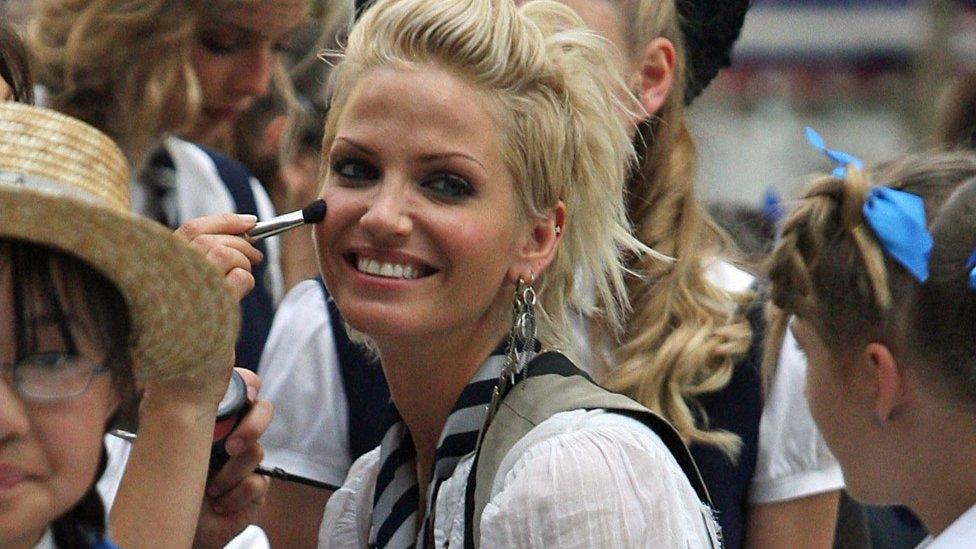
- Published5 September 2021
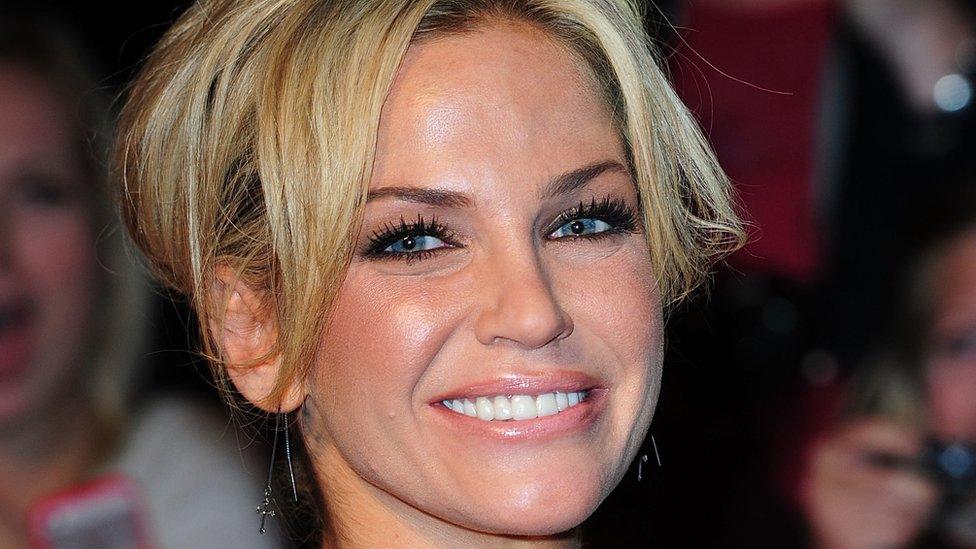
- Published15 March 2021
